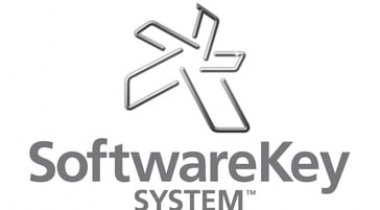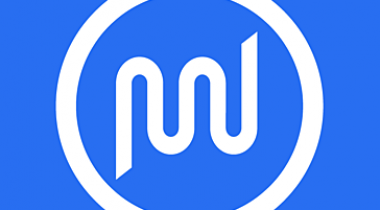Dialects and domain-specific lingo frequently arises to help people communicate effectively. MPS brings the same flexibility into the world of programming languages. Unlike traditional programming languages with strict syntax and semantics, MPS allows languages to be created, altered or extended by their users.
MPS
Images
Check Software Images



Customer Reviews
MPS Reviews
Industry Analyst / Tech Writer in Information Technology and Services
Advanced user of MPSWhat do you like best?
greater flexibility of the language syntaxes – tabular, graphical, textual or form-like notations are all possible
ability to switch between notations on-the-fly and thus view the same code in different ways depending on the task at hands
modularity of languages, which enables languages to be easily combined – extended, embeded, reused or referrenced from one another
What do you dislike?
MPS editor as text-like as possible and despite the close similarity between MPS and say, IntelliJ IDEA, when it comes to structural manipulation of code, developers using GPLs still tend to struggle with projectional editing. They miss the possibility to (temporarily) treat their code as pure text in order to manipulate it on the character granularity. Since the main advantages of projectional editing, such as language composition and non-parseable notations, are not critical for GPLs as much as for DSLs, the balance between pros and cons favors textual GPL languages.
What problems are you solving with the product? What benefits have you realized?
Yes, the domain of web application development offers such a large number of great technologies and tools for Java developers that it was impossible for the MPS-based set of web languages, which the YouTrack team had created and used, to keep pace. The YouTrack team made a sensible decision to rely on proven web technologies, instead of maintaining their own ones, in order to make their development more efficient.









